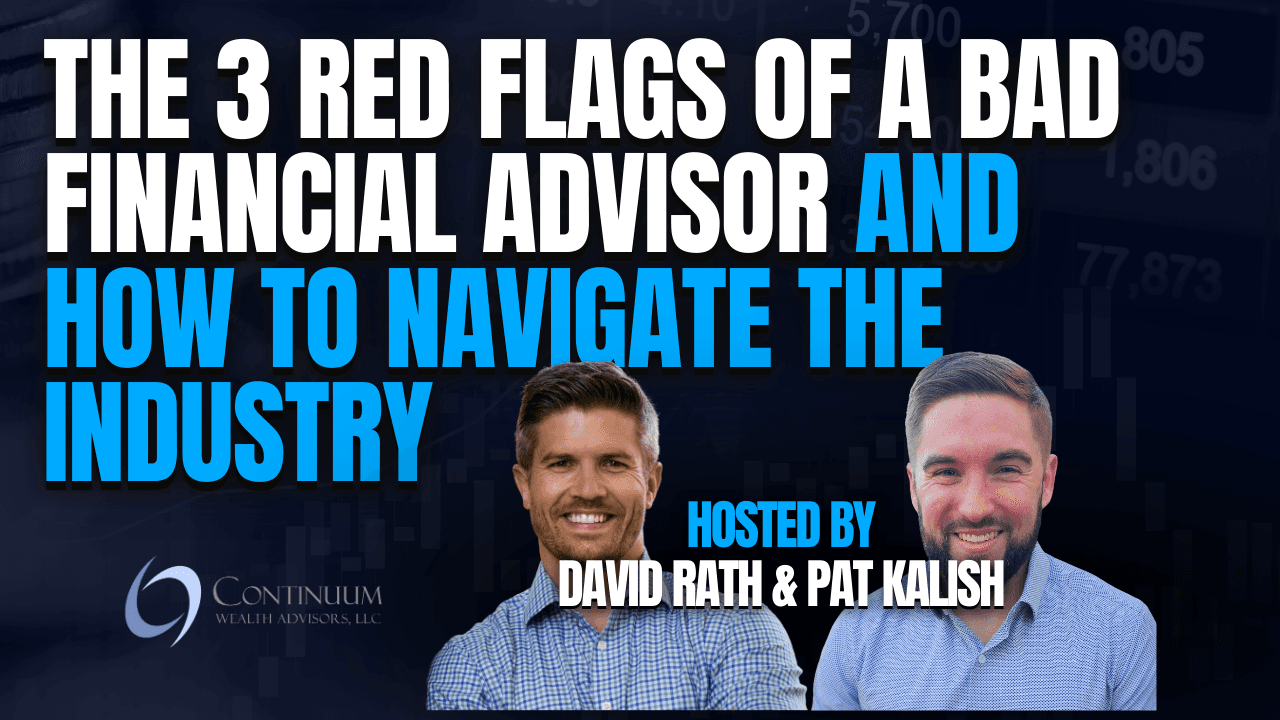Apr 21, 2025
Navigating Market Volatility: Tariffs, Investor Psychology, and Smart Strategies
Introduction
Want to skip straight to the video? Click here
In this episode, David and Pat tackle the market chaos triggered by recent tariff announcements, the emotional toll on investors, and actionable strategies to stay grounded. Here are the key takeaways:
Tariffs & Market Turbulence: Why Headlines Drive Volatility
Tariffs as a Tool: They can serve three purposes: government revenue, negotiation leverage, or protectionism (e.g., bringing manufacturing back to the U.S.).
News-Driven Swings: Markets are reacting violently to rumors (e.g., a "90-day pause" that turned out to be fake news, which then turned out to be real news a few days later). Intraday swings of 2% drops to 8% gains highlight the instability.
Unpredictability: Economics is an "inexact science." Avoid predictions—focus on process over prophecy.
Nobody knows how this will play out. Anyone claiming certainty is either misinformed or misleading. —David Rath
Behavioral Finance: How Fear Warps Investor Decisions
Recency Bias: Overweighting recent events (e.g., a market drop) skews long-term judgment.
Anchoring: Fixating on portfolio highs (e.g., all-time peaks in February 2025) makes downturns feel worse.
Loss Aversion: Pain from losses is 2x stronger than joy from gains (per Nobel-winning research).
Portfolio Strategies: Defense, Discipline, and Opportunity
Proactive Defense: We shifted to a more defensive posture pre-tariff announcements based on tactical indicators, not predictions.
Dollar-Cost Averaging: Keep investing consistently; downturns mean buying assets "on sale."
Silver Linings
Roth Conversions: Convert pre-tax assets at lower values for tax-free growth later.
Tax-Loss Harvesting: Offset future gains with current losses (when markets stabilize).
Diversification is always there for the party, never for the funeral. —Brian Portnoy, The Geometry of Wealth
The #1 Rule: Control What You Can
Plan Ahead: Define your risk tolerance and strategy before crises hit.
Avoid Knee-Jerk Reactions: Panic-selling locks in losses. Consult your advisor first.
Focus on Planning: Adjust spending, revisit legacy holdings, and exploit tax opportunities.




